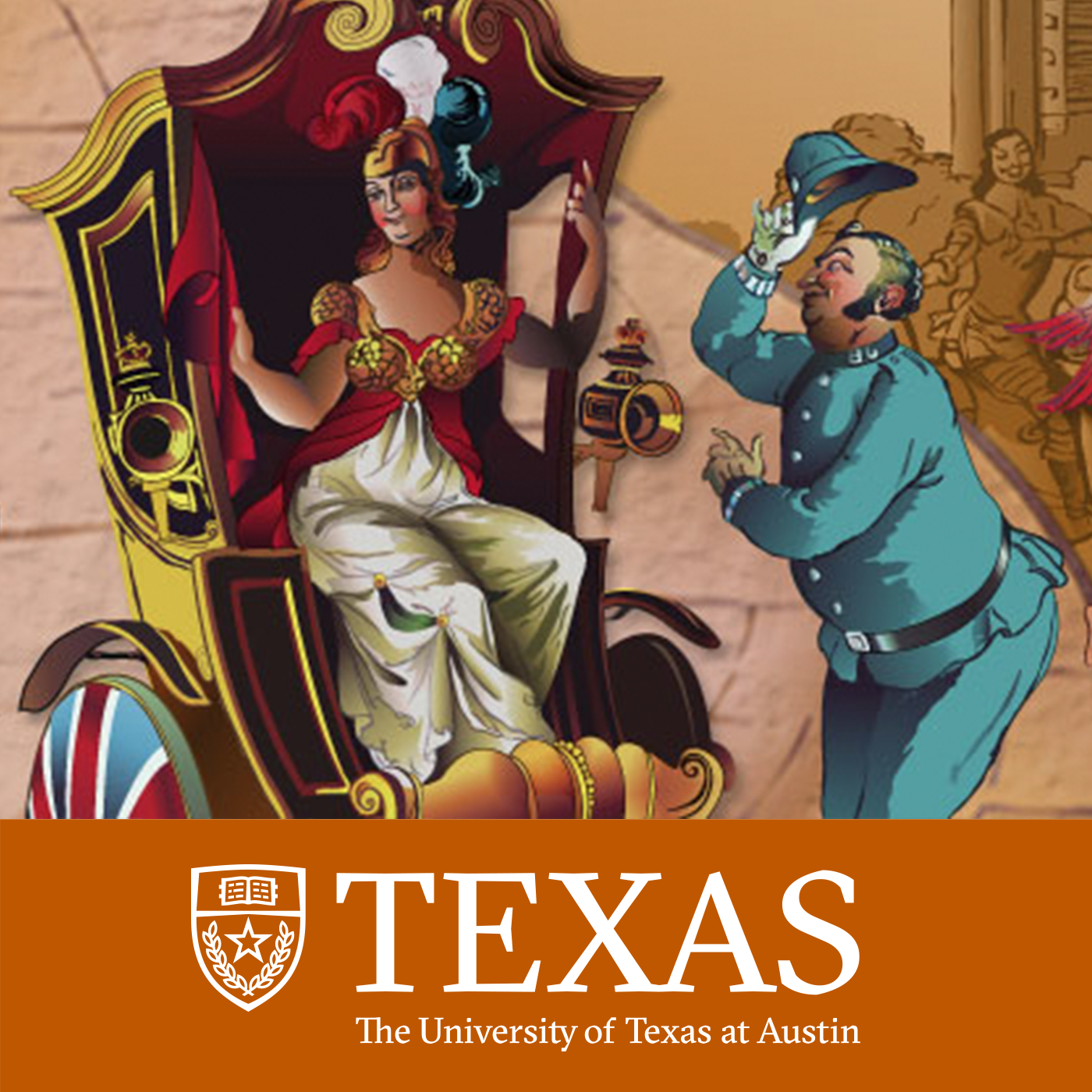The Cultural Identity of American Libraries
Description
Speaker – Ellen Cunningham-Kruppa
Since 1981, conservators who work in libraries and archives to preserve cultural records have been educated typically in three-to four-year graduate programs. Before 1981 in the U.S., however, no higher education opportunities existed—neither undergraduate nor graduate—targeted to the field of library and archives conservation. Why was this case? Ellen Cunningham-Kruppa locates the beginnings of the modern field of library and archives conservation during the early Cold War period, positing that its path from apprentice training to the academy was shaped by a maelstrom of forces in the U.S. that counterbalanced a scientific and technological agenda with the construction of the nation’s cultural identity. The seminar discussion will raise issues of the cultural identity of American libraries.
Ellen Cunningham-Kruppa is Associate Director for Preservation and Conservation at the Harry Ransom Center. She has been a practitioner and educator in the preservation field for 35 years. In 2016, Ellen was awarded the American Library Association’s Paul Banks and Carolyn Harris Preservation Award for her contributions to the field. She holds the PhD in American studies and an MLIS from UT Austin, and received an Endorsement of Specialization in Administration of Preservation Programs from Columbia University’s School of Library Service. Her book, Mooring a Field: Paul N. Banks and the Education of Library Conservators (The Legacy Press), will be released in late October.
More Episodes
Paula Marantz Cohen DREXEL UNIVERSITY
How can decline in enrollments in the humanities be explained? Nationwide in recent years estimates of the drop in liberal arts majors range from one-fourth to one-third of those in English, history, government, philosophy and other traditional subjects....
Published 03/10/20
Published 03/10/20
Aaron Pratt HARRY RANSOM CENTER
Before the publication of Shakespeare’s First Folio in 1623 and the efforts of subsequent editors and critics, England’s printed playbooks were considered “riff raff,” connected more with the world of London’s popular theaters than with what we might think of as...
Published 03/02/20


